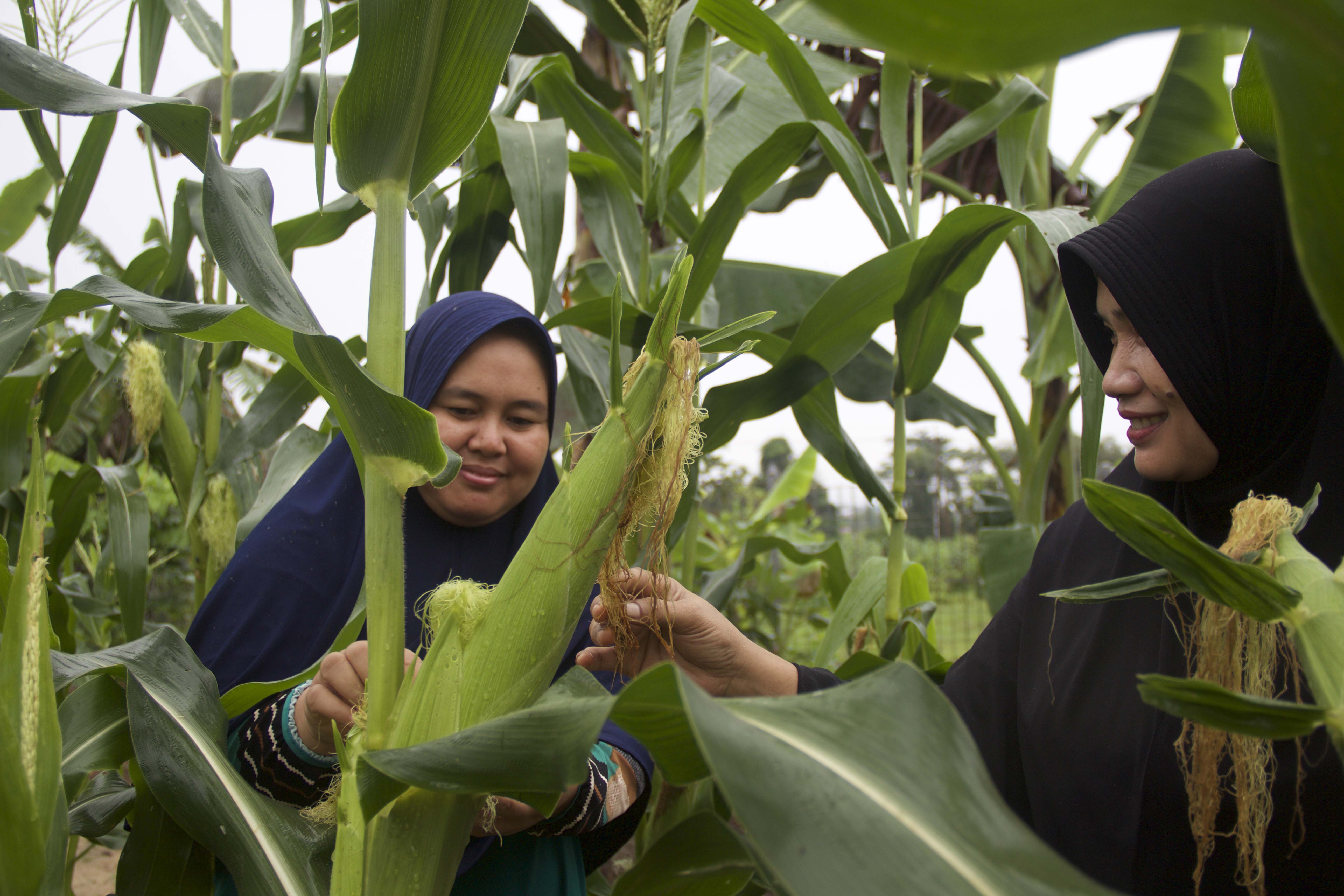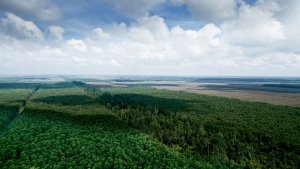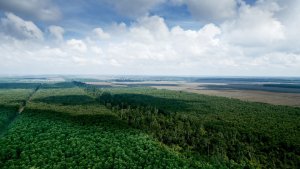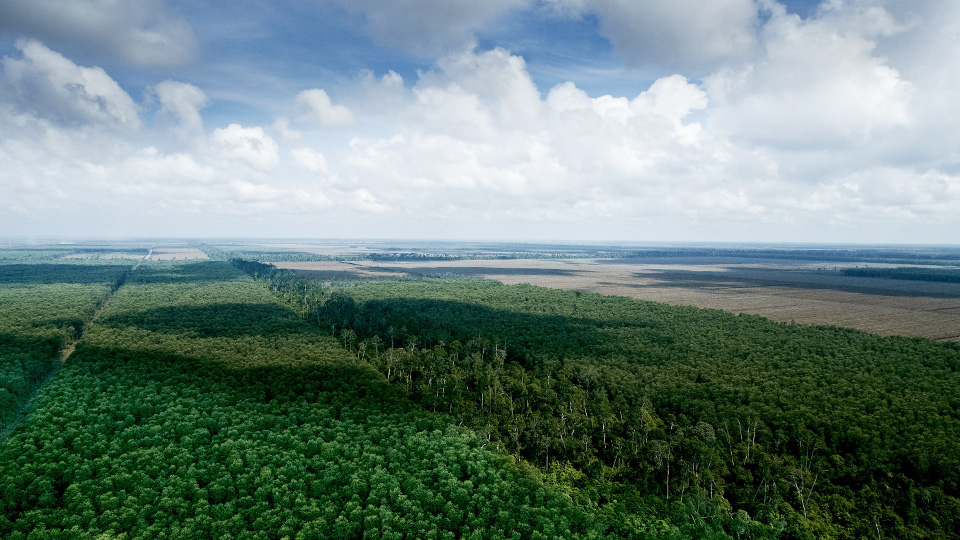We are What We Eat
- Details
Is it true that what we eat affects climate change? It seems odd, but the answer is yes.
It may come as a surprise to most people that food production, in general, is responsible for one-quarter of the world’s greenhouse gas emissions. Consequently, one of the most effective ways to reduce this is by adopting a sustainable lifestyle that aims toward reducing environmental impacts generated by the food we eat, such as eating local foods — which is known to reduce our carbon footprint by up to seven percent.
At the core of this principle is a series of actions in which we choose and celebrate the different flavors of Indonesia’s many regions — an amalgamation of our collective taste buds and traditions. More than that, “eating local” also reduces travel and lets us frequent local establishments, which in turn helps boost our local economy.
Most of us are not aware of our food miles. Only a few know the distance between where we source our cooking ingredients and the kitchen where we cook them. The longer the distance, the greater our carbon footprint. Therefore, to mitigate the risks and impacts of climate change, consuming sustainable food and adopting the principles of eating local foods are recommended as part of a long-term solution.
In the end, our buying decisions at the grocery store and every meal we put on a plate, matter.
Sustainable food is the future
The choice to consume local foods goes hand in hand with the goal of improving the network of local farmers and farmers' markets within our immediate geographic location. It is also improving the survivability of small food-related enterprises — with an added benefit of strengthening the bond among local community members.
The question is, perhaps: how local is, actually, local?
Some say the “local” part in “eating local” means the food we consume is sourced somewhere under 100 miles (Jakarta-Bandung) from our kitchens; though others argue that the distance can be extended to as far as 400 miles (Jakarta-Solo). However, it is generally understood that to “eat local” implies we adopt the habit of sourcing ingredients from within the province, island, state or region we live in.
Halaman Organik, or Organic Garden, is an initiative led by FAM Organic, an eco-socio-culture-based company which has been operating in Bandung since 2010. For them, “eating local” means contributing to a healthy ecosystem through the promotion of organic agriculture that produces high-quality and nutritious foods. Here’s the kicker: Rather than sourcing food from local establishments, why not try growing our own food at home? By using environmentally friendly methods to grow vegetables and fruits in a healthy space near our own kitchens, the initiative focuses on building greater awareness on the benefit of farm-to-table movement.
Think big, start small
There's a growing interest in urban farming and gardening lately; and while the cause may have less to do with sustainable food and more with home-based activity during the pandemic, it is nevertheless a welcome habit. Now that we know the benefits of growing our own food in helping mitigate the risks of climate change, more of us should adopt this habit and make active contributions to reduce our carbon footprint by supporting farm-to-table initiatives.

Embracing the same principles, Riau Andalan Pulp and Paper (RAPP) incorporates these sustainable actions in its internal programs. Through the Community Gardening Programme, unused land around the mill's housing complex is planted with fruits and vegetables. Enthusiastic "farmers" are also provided with the necessary tools, equipment and seeds to support their gardening activities. The yield is then shared and enjoyed within the community.
The company also encourages people to cut down on their leftover food by running social media campaigns, such as #HabiskanMakananmu and #BerkahPiringKosong. This campaign was carried out to help minimize the growing volume of food waste as according to the latest data, Indonesians waste approximately 300 kilograms of food per person every year, making the country one of the largest food wasters in the world.
More Articles






